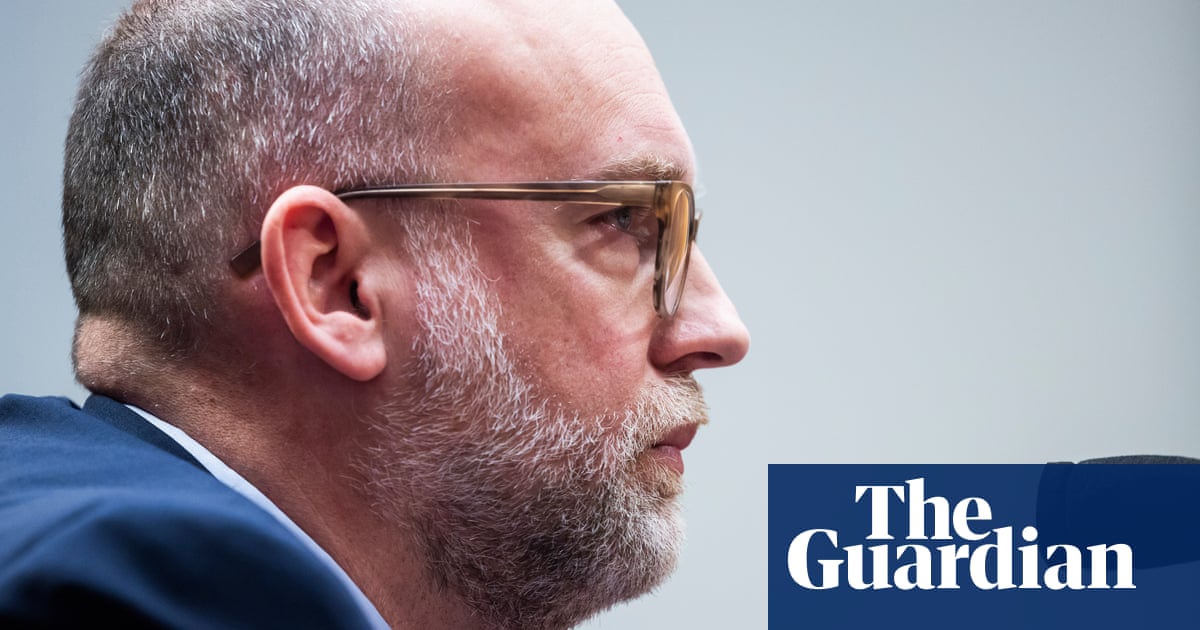The White House budget director Russ Vought on Sunday dismissed as “totally ridiculous” fears expressed by voters that cuts to benefits in the huge spending billpassed bythe House will lead to premature deaths in America.
Donald Trump’sOne Big Beautiful Bill act, now awaiting debate in the US Senate, will slash two major federal safety net programs,Medicaid, which provides healthcare to poor and disabled Americans, and the Supplemental Nutrition Assistance Program (Snap), which helps people afford groceries, which will affect millions of people if it becomes law.
Vought, director of the office of management and budget (OMB) and a key figure inProject 2025, the rightwing manifesto created to guide a second Trump term, defended the bill in an appearance on CNN on Sunday morning, also defending thelacerations tothe federal workforce underElon Musk’s so-called “department of government efficiency” (Doge).
Vought was asked about a town hall meeting in Iowa last week hosted by the senator Joni Ernst where, when fielding questions about proposed cuts to Medicaid, a constituent yelled out that as a result people were going to die.
Ernst responded, to jeers: “People are not – well, we all are going to die. For heaven’s sakes, folks.”
Then, after the exchange went viral online, she posted a sarcastic non-apology video on Saturday, saying: “I made an incorrect assumption that everyone in the auditorium understood that yes, we are all going to perish from this Earth. So I apologize. And I’m really, really glad that I did not have to bring up the subject of the tooth fairy as well.”
When Vought responded on CNN’s State of the Union politics show about such concerns over cuts to health insurance and grocery subsidies leading to premature deaths, he said: “It’s totally ridiculous. This is ‘astroturf’. This bill will preserve and protect the programs, the social safety net, but it will make it much more commonsense.”
Astroturfing is slang for pretending criticism is coming from the grassroots when, in fact, it is being orchestrated by interested parties.
Some advocacy groupshave saidloss of Medicaid insurance and food stamps will cause great hardship.
“These cuts won’t just hurt – they will kill,” the head of the Ohio Nurses Association said, while the American Academy of Pediatrics said the billwould result in“hungry kids” and impossible choices for many families. The American Hospital Association has warned that rural hospitals could close.
On the same CNN show on Sunday, the senator Chris Murphy, Democrat of Connecticut, condemned Vought’s and Ernst’s remarks, saying: “Everyone would rather die in old age than at 40.” Murphy said people losing health insurance in order to continue tax cuts for the richest would lead to more deaths and that the bill is “an absolute disaster” and will add to the US deficit.
“It’s just unreal the amount of gaslighting this administration is doing,” he said.
Fellow Democrat and Georgia senator Raphael Warnock told NBC’s Meet the Press on Sunday that he is in favor of work but that a work-reporting requirement in the bill, as a condition of Medicaid, “is very good at kicking people off their healthcare coverage, it’s not good at incentivizing people to work”. He added that if passed, the legislation would result in “a workforce that’s sicker and poorer” and damage to the US economy.
The House speaker, Mike Johnson, who got the bill through the chamber last month but faces a greater challenge from some fellow Republicans in the Senate, told NBC that the bill does not include cuts to Medicaid but instead would strengthen the system and result in reductions in “fraud, waste and abuse”.
The House minority leader and New York Democratic representative Hakeem Jeffries predicted that the bill would not pass the Republican-controlled Senate.
“Hospitals will close, nursing homes will shut down and people will literally die,” he warned.
